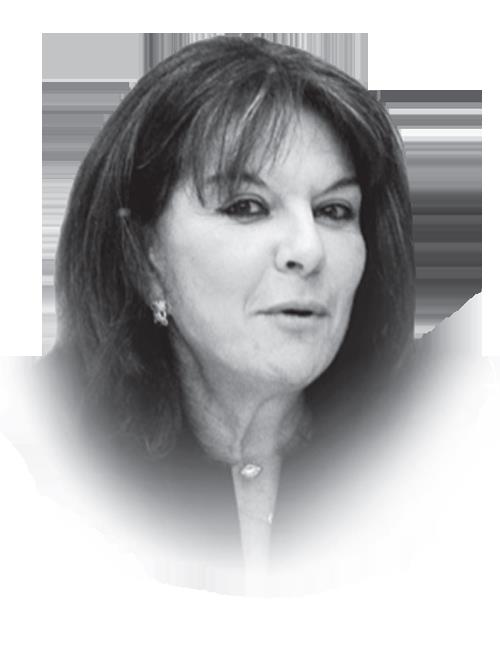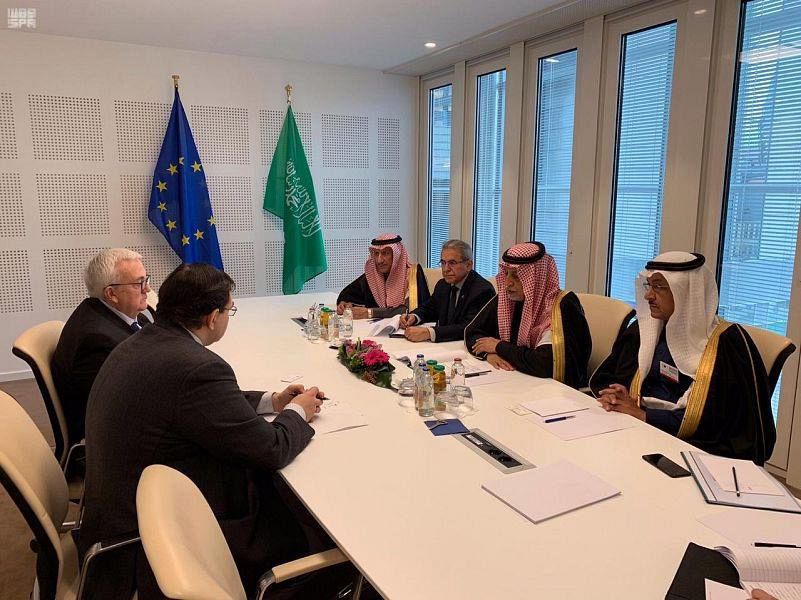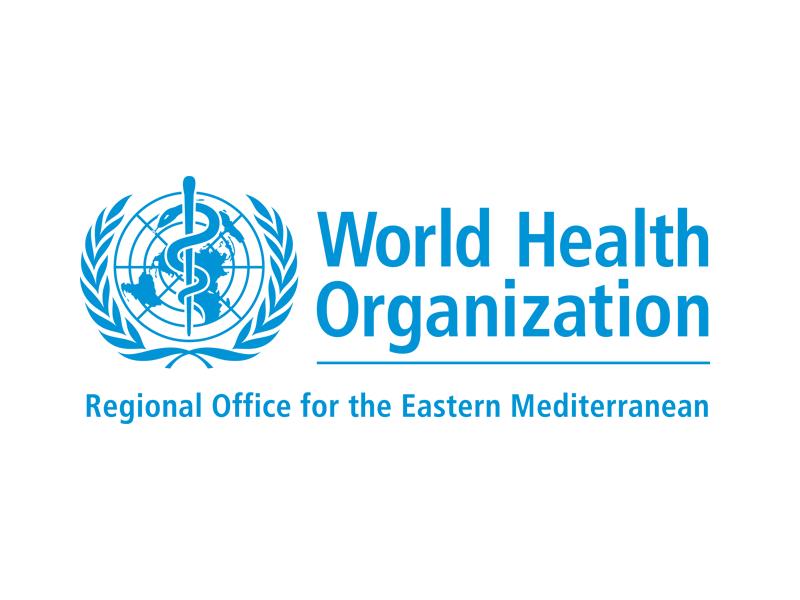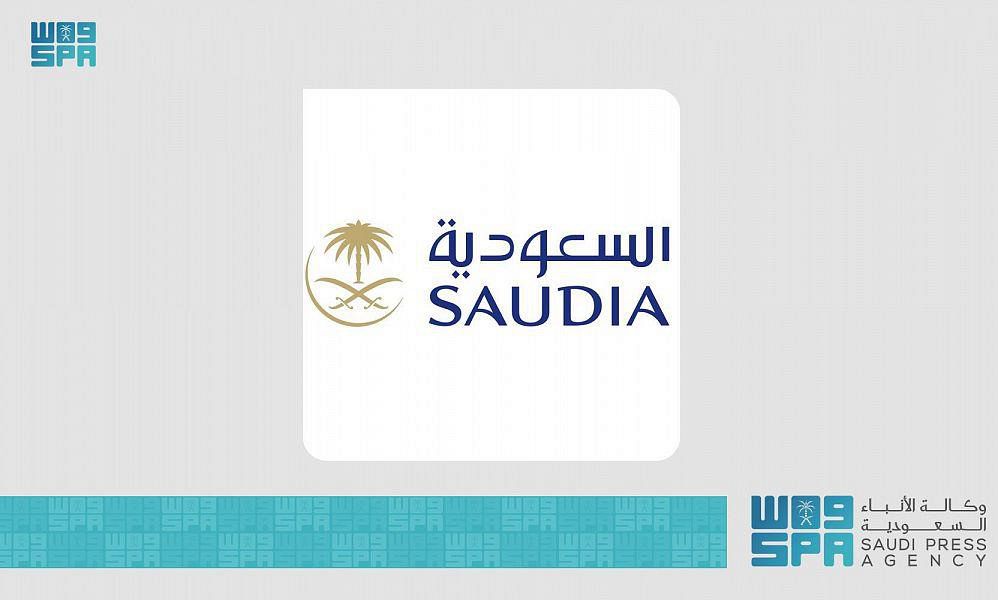
High winds have ravaged Iraq for the past 40 years. Wars, persecution, economic sanctions, terrorism and internal strife have threatened its stability and disrupted the well-being of its citizens.
However, the most serious future threat facing us is climate change, its economic impact and significant environmental damage across the country. According to the United Nations Environment Program, Iraq is the fifth most vulnerable country in terms of adapting to climate change.
Evidence of increased climate risk is all around us. High temperatures are becoming more common, droughts more severe and dust storms more frequent. Desertification affects 39% of the area of Iraq, and 54% of our lands are at risk of agricultural loss due to salinization. The construction of dams on the historic Tigris and Euphrates - the lifeblood of our country - reduced the flow of water and led to the extension of the salt tide towards the upper Shatt al-Arab.
These dams are leading to an increasing shortage of irrigation water and threatening our agricultural production and even the supply of drinking water to cities and villages. According to Iraq’s Minister of Water Resources, the country could face a deficit of up to 10.8 billion cubic meters of water annually by 2035.
The potential human costs of climate change are enormous. Seven million Iraqis have already been affected by drought and forced displacement.
As the country has one of the highest rates of population growth, data indicate that the population will double from 38 million presently to 80 million by 2050, which augments economic and social risks of climate change if left unaddressed.
Facing climate change must be a national priority in Iraq. It is necessary to start now, as the future of our generations depends on us. We have a huge responsibility to confront the challenge.
Therefore, on World Environment Day, I believe that it is necessary to call for the establishment of a national program for the revival of Mesopotamia, which will essentially deal with the urgent need for climate adaptation and an opportunity to turn the Iraqi economy towards diversification, support renewable energies and clean mechanisms, access carbon markets, and raise the resilience of areas that are fragile and vulnerable to climate change for the sake of better and more sustainable living conditions for the citizens.
In January 2021, I signed Parliament’s decision to join the Paris climate agreement. This agreement represents an important opportunity for our planet to confront climate change through unified international solidarity.
The Council of Ministers also voted in February 2021 on investing in solar electric plants to generate clean energy, and before that the Ministry of Environment began drafting the National Contributions Document (NDC) to deal with climate changes in the country.
We still have a lot to do. A comprehensive roadmap must be developed with initiatives that enhance environmental sustainability, conserve available natural resources and establish a green economy. This requires a set of concrete adaptation measures, focused on land use, water conservation and energy efficiency as a basis for more ambitious and longer-term subsequent programs.
Ardh Al Sawad and the Garden of Eden - the oldest definitions known to mankind - were descriptions of Mesopotamia, because of its greenness and fertile land, which is now unfortunately turning into a barren desert.
Our aspiration to build a better future forces us to return to our green past, through a nationwide reforestation campaign in the South and West of the country, focusing on palm trees, the civilizational identity of Mesopotamia and the restoration of forests in the mountains and around urban areas in Kurdistan.
Not only would this limit carbon emissions, but it would also support agricultural production and help protect the soil. This campaign will be consistent and integrated with the ambitious Saudi initiative for a Green Middle East.
Moreover, new initiatives should be launched to modernize irrigation and water systems and construction standards, improve waste disposal and recycling and capture flared associated gas.
These elements combined will achieve tangible economic benefits in the next decade, by generating new jobs in the sectors of agriculture, construction and light industry, boosting the development of a new industry in plastics, building supplies and food processing, supporting the private sector and encouraging foreign investment, in addition to promoting the role of youth in economic development.
Iraq - a country that enjoys a geographical location in the heart of the region, and ecological diversity characterized by palms, marshes and the mountains of Kurdistan - can be a starting point for bringing the countries of the Middle East together.
We may disagree politically, but we must unite together in the face of climate change, as it is a global and common danger. Thus, our national plans must be linked with regional initiatives aimed to address common environmental and economic challenges, such as the frequency of sandstorms, water scarcity, rising temperatures, desertification and the waning of our financial resources due to weak demand for oil. A broad effort must be deployed to mitigate the effects of climate change across borders and manage water resources jointly and equitably.
The water file requires an open and constructive dialogue between Iraq, Turkey, Iran and Syria, based on the principle of not harming any party, bearing joint responsibility and establishing a joint effort for sustainable water management.
Reviving Mesopotamia will require a national efforts at all levels: the government and all its institutions and departments, the parliament with its key and supportive legislative role.
Mobilizing the necessary political will is imperative for this purpose. Ministries will need to be empowered, specialized institutions must be established, laws and regulations modernized, and a role must be given for the youth in social and civic activities.
Iraq will also need the help of its friends in the international community, for technical and planning support and technology transfer. One of our first tasks will be to coordinate with specialized climate agencies to develop our efforts. We are also seeking to reach out to green funds, capital markets and international donors to help finance investments in this regard.
It is time to act. We have an arduous task to undertake, which also represents an opportunity for Iraq and the region to establish a more solid foundation to face the challenges of the coming decades.











